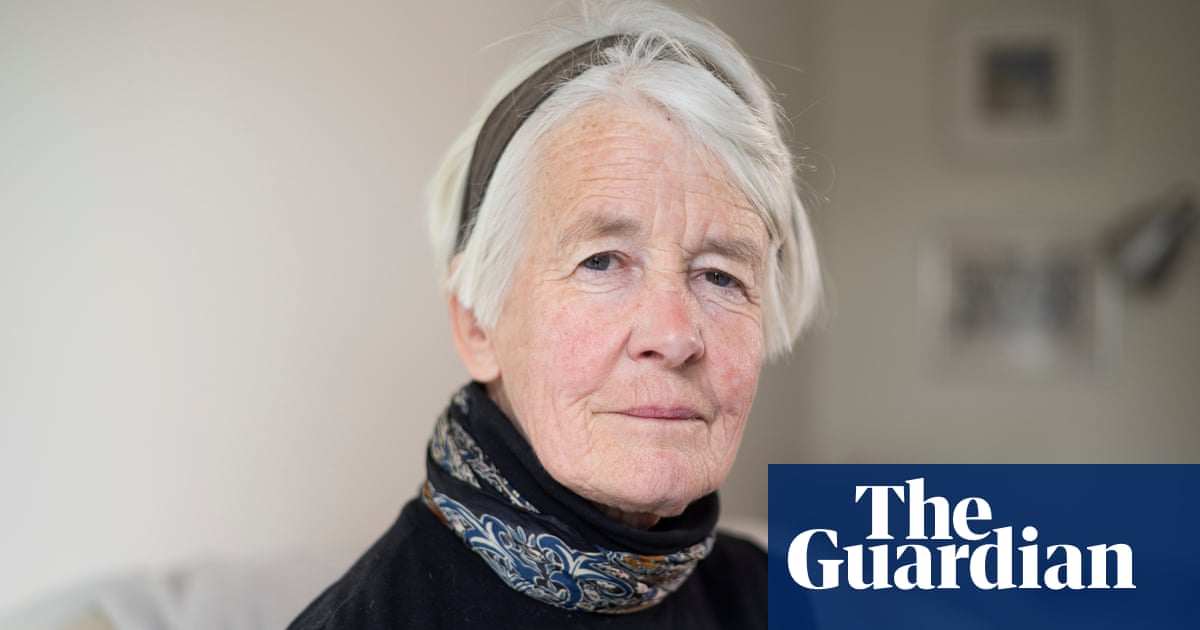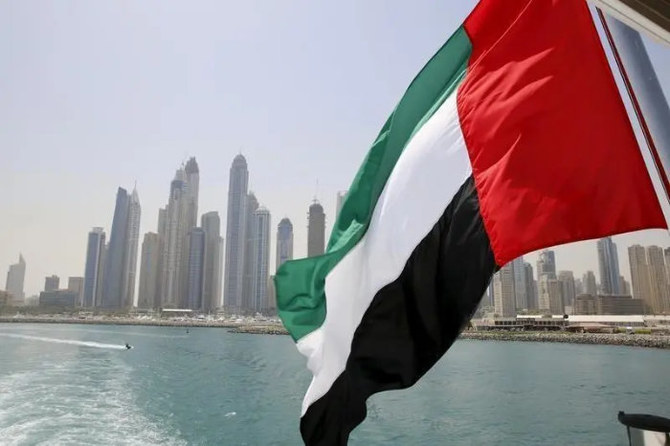
s a Foreign Office minister in the mid-1990s, I saw dramatic changes following the fall of the Berlin Wall. But these could be overtaken in historical significance by the combination of Covid-19, climate change and the rise of China. As a former chairman of the public accounts committee, I’m under no illusions about the cost of misusing public money but I have also seen the price we pay when we fail to invest in Britain’s global interests. And as Brexit secretary, I saw first hand the way that developing countries value the UK’s role in international development.
Across Africa, the UK has let its natural advantage slip. As we looked away, China powered in. Britain’s bilateral trade has suffered and British influence is now being compromised. In the shadow of Covid, people are fearful and anxious. Economies are fragile. The continent is ripe for exploitation by foreign powers in brute pursuit of profit and control.
We have overlooked opportunities to translate the tremendous success of UK soft power into safeguarding our interests across Africa. And now, in the grip of the pandemic, the continent faces instability and fragility on an epic scale.
Soft power is where Britain has, in recent history, excelled. Yet our status as an international development superpower, which took a decade to build, is being rapidly dismantled. For Africa, this is already having deadly consequences. Clinics are closing, schools are being abandoned, economies are stalling. Ethiopia is slipping into famine. Yet it need not be like this.
Of all the diplomatic tools at our disposal, soft power is arguably the most effective because it is constructive as opposed to destructive. As the former US defense secretary Jim Mattis told the US Senate, if you compromise your soft power you will inevitably pay a higher price when using hard power, which is a damaging price for everyone involved. Soft power, on the other hand, is economical, transformative and serves the mutual interest.
The word mutual is key here. It is what sets Britain apart from the competition. For us, it is about values and partnership, while China seeks ownership and to create indebtedness. Our soft power should be the foundation for our positive influence. When we provide aid, it is not to make any country beholden to us: it is to give them a hand-up, not a hand-out. Aid is not a substitute for self-sufficiency. It is an investment, not a donation.
We want to create conditions where people can flourish because their success is ours too. One of the aims of engendering the basics of stability, education and health is to cultivate the space for the private sector and the opportunities for trade and diplomatic success that flow from prosperity.
And yet we have overlooked the enormous potential of a continent such as Africa, for whom we should have been the natural partner of choice. Not only have we missed out on vital infrastructure projects but our influence has been heavily undermined by China’s economic entrenchment.
Carving out Britain’s place in the world will now involve a two-pronged effort. On an international level, we must continue to spearhead efforts to bring about greater unity in the west. We need to strengthen and widen our alliances and restore faith in the rules-based system. This will mean helping modernise and improve the World Health Organization, the World Trade Organization and the World Bank. And ensuring our presidency of the G7 plays host to an action-oriented dialogue of the new D10, as a vital counterbalance to China and Russia, for the rest of this year.
Second, we need to rejuvenate our soft power influence around the world. We have the immeasurable advantage of the English language, the Commonwealth and our leadership position in the UN and Nato. The Biden presidency could help align these objectives with Global Britain’s priorities. But the Carbis Bay summit this week will only be a credible relaunch of multilateralism if the UK leads by example.
We must keep our promise on aid. At Gleneagles and Lough Erne, Britain led the then G8 in committing to meet the 0.7% aid target and then fulfilling that commitment. Stepping back from that during a pandemic and at the dawn of a new era of multilateralism is an act of diplomatic self-harm, not to mention the deadly consequences for the poorest people in the most fragile nations on Earth. Having cut our aid this year, we must guarantee our return to 0.7% in short order.
We live in an unstable world. Russia is increasingly unpredictable; China is increasingly assertive; and Africa will increase in geopolitical significance. The continent is destined to influence the future of the world enormously . Its population will rise by more than a billion by 2050, accounting for 60% of the world’s population growth. If we do not use aid to eradicate disease and starvation, educate girls, boost economic growth through trade and assist African leaders in raising the living standards of their people, we will be missing out on a massive opportunity.
If we fail to restore foreign aid next year, China will move in as we move out. It is happening already as African governments become indebted to China, not just through state debt financing but through infrastructure projects.
All I have said so far is the argument of realpolitik, of our educated self-interest. But powerful as it is, it is in turn dwarfed by the moral case. Although I disagreed with the sheer speed of the increase in the aid budget, up by a third in 2013 (because of the probability of huge waste), I believe that the equally sudden cut this year will have dreadful consequences.
Hundreds of thousands of children will suffer, and many will die, as a direct result. The cuts represent just 1% of what the chancellor is borrowing this year but they will come with a deadly cost. That cost, measured in children’s lives, will live in our consciences every bit as much as the unwise wars of the past. We should put it right before proper pride in our achievements turns to shame at our failure.












